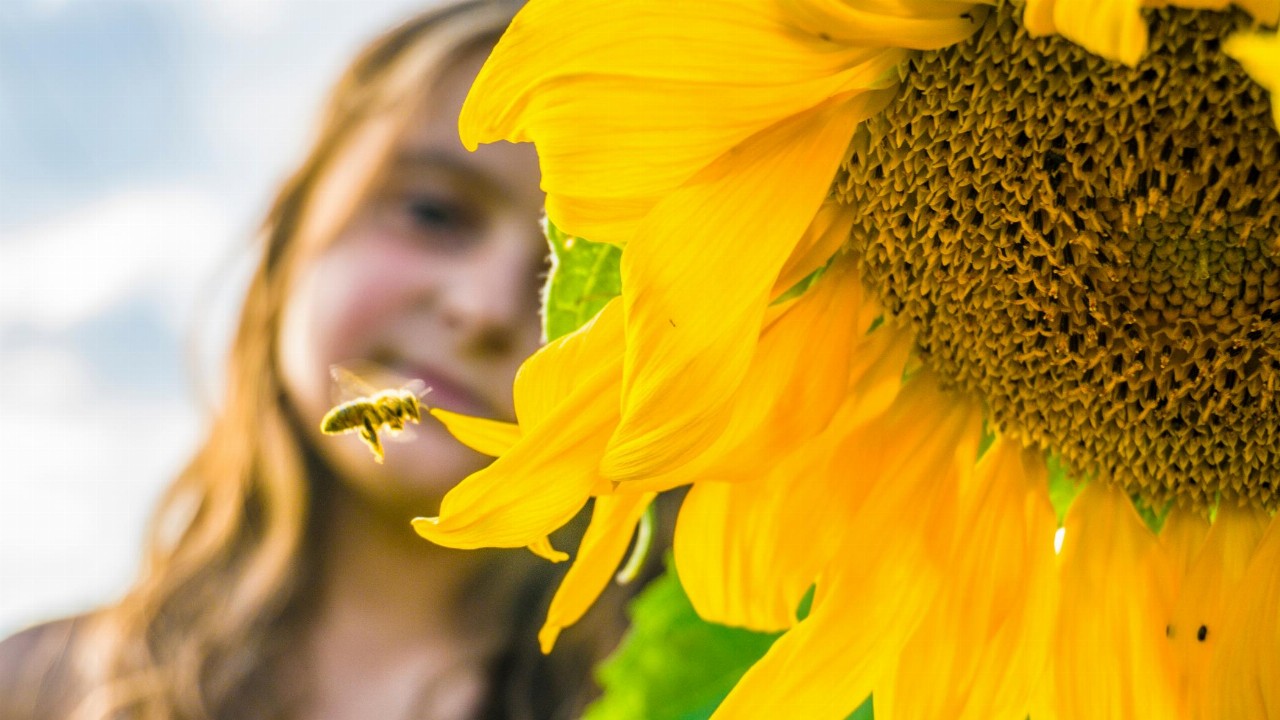- Bee Vectoring Technologies (BEE) has entered into a state-funded trial, testing its biological fungicide on sunflower crops in North Dakota
- In collaboration with North Dakota State University, the company’s CR-7 fungicide will fight Sclerotinia head rot, a pathogen which infects sunflowers
- In addition to the research trial, BVT will also conduct demonstration trials with sunflower growers in Minnesota and Idaho
- The trials have already been set up, with blooming season expected to start in early August
- Bee Vectoring Technologies (BEE) is up 2.63 per cent and is currently trading at C$0.39 per share
Bee Vectoring Technologies (BEE) has entered into a state-funded trial, testing its biological fungicide on sunflower crops in North Dakota.
The trial is funded by the North Dakota Department of Agriculture, and approved by the United States Department of Agriculture. Bee Vectoring Technologies (BVT) will collaborate with North Dakota State University (NDSU) on the project.
The trial’s purpose is to determine the optimal hive distribution for applying BVT’s biological fungicide to North Dakota’s sunflower crops. The fungicide, CR-7, has shown some effectiveness in fighting Sclerotinia head rot, a disease caused by a fungal pathogen.
Sclerotinia is considered a serious threat to sunflower crops and their growers, many of whom have abandoned production. It is unaffected by most fungicides and other prevention methods, like crop rotation, but has shown some weakness when facing CR-7.
In trials conduced in 2016, 2017, and 2018, BVT’s commercially reared bees delivered CR-7 to sunflower heads through pollination. This resulted in 33 per cent to 60 per cent reductions in Sclerotinia head rot in those crops.
This latest trial with NDSU will help to determine how to achieve strong, consistent control of head rot in sunflowers.
Bee Vectoring Technologies’ CEO, Ashish Malik, commented on the company’s role in this fight against Sclerotinia.
“BVT is focused on improving agriculture sustainability, and this trial aligns 100 per cent with that focus.
“As a large field crop, pinpointing optimal hive distribution impacts sunflower growers greatly. Too little hive distribution impacts efficacy, and too much is an economic hardship for them.
“The disease management practices we help develop don’t just impact North Dakota producers. They are directly applicable to producers in neighbouring states (Minnesota, Montana, and South Dakota) and provinces (Manitoba and Saskatchewan). And with minor adjustments, they will be applicable to producers in other parts of the world,” he said.
In addition to the research trial with NDSU, BVT will also conduct demonstration trials with sunflower growers in Minnesota and Idaho. The trials have already been set up, with the sunflower blooming season set to start in early August.
Bee Vectoring Technologies (BEE) is up 2.63 per cent and is trading at C$0.39 per share at 11:11am EDT.






